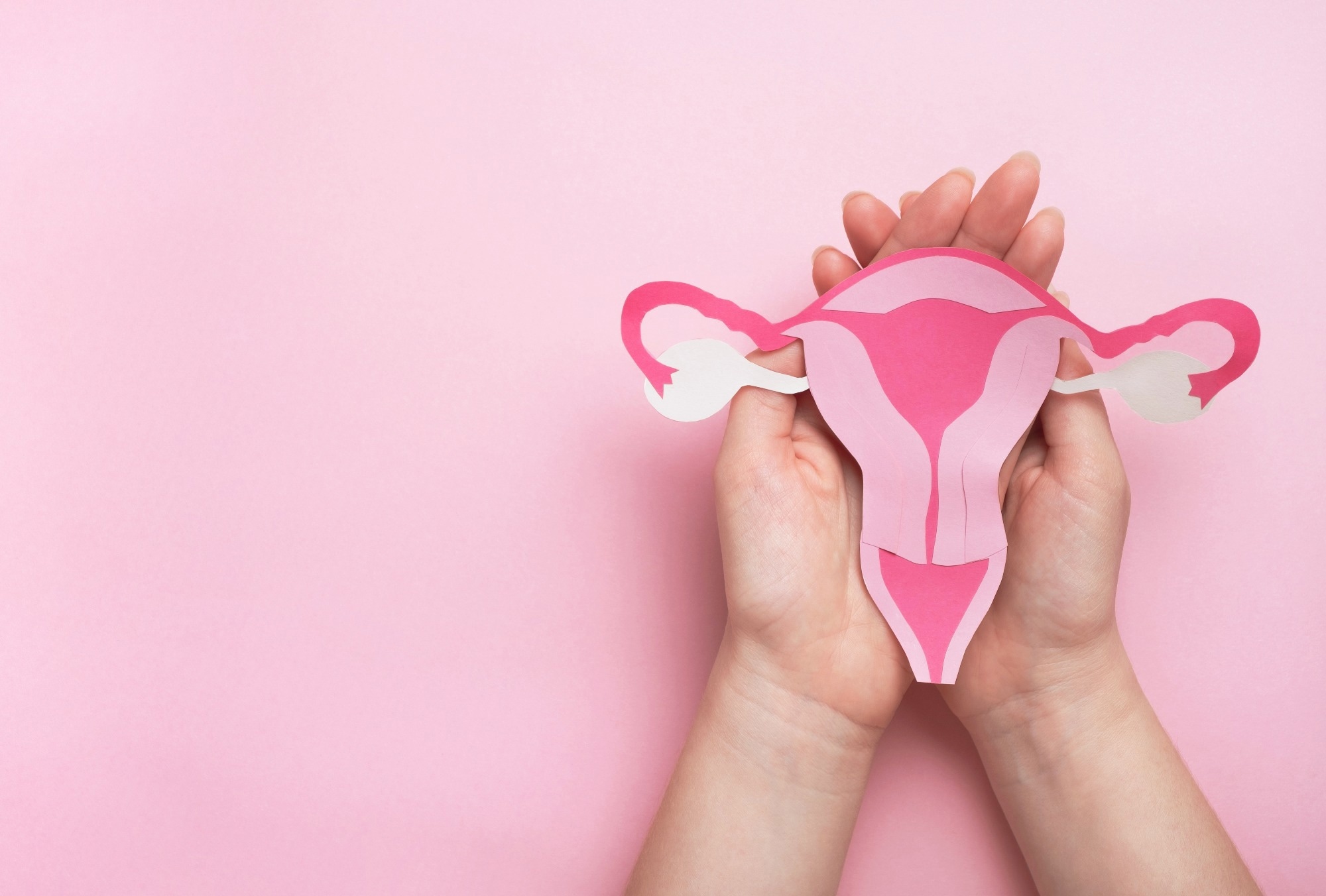What if I told you you’re only 10 minutes away from a stronger booty? I’m only slightly exaggerating. There’s no quick fix for the perfect peach, but the good news is you don’t need a fully stocked weight room or oodles of time in it to grow your glutes. All you *really* need: a pair of heavy dumbbells, 10 minutes a few times a week, and consistency.
Strengthening your glutes means working three distinct muscles—the gluteus maximus, gluteus medius, and gluteus minimus. Sure, those gains look good, but they will also help you in everyday activities like standing up, using the stairs, running, jumping, and walking, says Macy Pruett, CPT, a certified personal trainer and the founder of Fittest Core. Plus, training your glutes improves your overall body composition. “When you perform glute-focused exercises, you tie in a lot of other muscle groups, which leads to high metabolic cost and burning calories during and after a training session,” she explains.
Meet the expert: Macy Pruett, CPT, is a certified personal trainer and the founder of Fittest Core.
Clearly, glute workouts are worth the hype…but what’s the best way to approach them? “Progressive overloading is the most effective way to build glutes, and it simply means doing more over time,” says Pruett. That can mean increasing the weight, upping your reps, or minimizing rest. Those dumbbells you have on hand are *more than* sufficient for tightening, toning, and growing your bum.
So, how do you select the right weight? Pruett says you want to pick a weight that you can accomplish 10 reps of an exercise without failing. “When you get to a point of performing 10 reps with ease, it’s time to increase your weight,” she says. (Remember the progressive overloading strategy.) Increase the weight in 5- to- 10-pound increments, but make sure you can maintain proper form with the added iron.
Pro tip: If you’re doing an exercise with fewer reps, you can opt for a heavier dumbbell, but if you’re doing an exercise with higher reps, you’ll likely need a lighter one.
Remember: Consistency is key for results, and that means completing this 10-minute workout programmed by Pruett three to four times a week. Try it out and get ready for a serious booty burn.
Time: 10 minutes | Equipment: dumbbells | Good for: glutes
Instructions: This glute workout includes three supersets (two exercises you complete back-to-back, with minimal-to-no rest) that engage all three muscles. Complete 3 sets of the bridge superset, 2 sets of the deadlift superset, 2 sets of the squat superset with no rest, and 3 sets of the finisher.
Bridge Superset
1. Weighted Glute Bridge
Why it rocks: This move is a staple glute exercise because it’s easy to perform and can be done with or without weight. “It comes with a huge range of variations, and, most importantly, uses the glutes maximally without working the quads much,” says Pruett. “It works the gluteus maximus, which is the biggest muscle in our body and the one where we can see glute growth the most.”
How to:
- Lie on the ground, with your feet flat on the floor about shoulder-width apart, knees bent and arms by your sides on the floor.
- Place the dumbbell where it’s comfortable on your hip bones and maintain a neutral pelvis. (Option to complete the move without a weight.)
- Engage your core, then push through your heels as you scoop your hips up toward the ceiling.
- Squeeze your glutes at the top when you reach full hip extension. Keep your ribs down (don’t flare them or arch your back) and chin slightly tucked or head at neutral throughout.
- Inhale as you lower down with control. That’s one rep. Complete 20 reps.
2. Glute Bridge March
Why it rocks: “This glute bridge variation is fantastic because it gives you that ‘feel the burn’ sensation that’s essential for glute growth,” says Pruett. Plus, this exercise also engages the hamstrings and quads with time-under-tension.
How to:
- Press up into a glute bridge, as described above, with knees, hips, and shoulders in alignment, and hold this position. (Option to place a dumbbell on your hips or complete with bodyweight.)
- From here, raise one leg at a time, keeping the stationary leg firmly on the ground and pelvis stable.
- Keep your core engaged and alternate raising legs, maintaining the lifted butt position. Complete 20 reps on each side.
Deadlift Superset
1. Romanian Deadlift
Why it rocks: Romanian deadlifts are a great addition to any glute workout because they focus on the “eccentric phase” of the movement, says Pruett—which is when the muscles lengthen . “This allows you to take it slow on the way down, while the hamstrings are lengthened, and requires more work from your glutes and hamstrings.”
How to:
- Start standing with feet about hip-width apart, knees slightly bent, holding dumbbells in front of your thighs, palms facing body. (You can hold one heavier dumbbell, or a pair of dumbbells with one in each hand.)
- Keeping knees slightly bent, hinge at the hips while shifting them backwards.
- Maintain a flat back and engaged core as you inhale and lower the weights toward the floor, keeping them close to your body. Make sure to keep your shins vertical and your weight back on your heels.
- Exhale, and bring the dumbbells back up to the starting position engaging your glutes by extending your hips and raising your torso.
- Continue to keep the weight close to your body and squeeze your glutes at the top of the position. That’s 1 rep. Complete 10 reps.
2. Single-leg Dumbbell Deadlifts
Why it rocks: This variation of a deadlift isolates the glutes. Plus, performing this single-leg exercise allows you to focus on one side of your body at a time, in turn, creating more work for that side, says Pruett. This is also the exact movement as a Romanian deadlift, so you’ll perform it using the same techniques as above, but unilaterally.
How to:
- Start standing on the right leg with your left leg slightly back behind your body, toe pointed and resting on the floor, right arm on hip, and left arm extended straight down at the side while holding your dumbbell. (Pruett always suggests holding one dumbbell in the opposite hand of the working leg.)
- Inhale, engage your abs, and maintain a neutral spine as you slowly lean forward, lifting your left leg straight back behind your body and lowering your torso toward the floor until both are parallel to the ceiling, with the left hand/dumbbell almost touching the floor.
- Exhale and drive into the right heel to return to the starting position. That’s 1 rep. Complete 10 reps on the left, then switch sides and repeat.
Squat Superset
1. Dumbbell Sumo Squat
Why it rocks: “The sumo squat is essential for glute workouts because it targets the glutes more than a standard squat by allowing you to lift heavier weights and achieve a deeper range of motion,” says Pruett. As an added bonus, sumo squats also work your adductors to build up strength around your knees, ankles, and core.
How to:
- Stand with your feet slightly wider than shoulder width apart, weight evenly distributed, and toes turned out to 10 and 2 o’clock, while holding one heavy dumbbell with your arms straight down, or one dumbbell in each hand.
- Keep your core engaged and chest tall as you inhale and bend your knees, sinking your hips down until your thighs are parallel to the floor. Think about pushing your knees out at the button of the position, while maintaining a neutral spine and your weight in your heels.
- Exhale as you drive through your feet back to an upright standing position. That’s 1 rep. Complete 10 reps.
Pro tip: Always make sure your knees stay in line with your feet to prevent any injury, says Pruett.
2. Bodyweight Sumo Squat Pulse
Why it rocks: Pulse variations are great for “pumping up” the muscles since they isolate and activate your glutes, and fatigue them more quickly, which helps build endurance and increases muscle growth, explains Pruett. This move also allows for high reps, which is perfect for supersets.
How to:
- Stand with your feet slightly wider than shoulder width apart, weight evenly distributed, and toes turned out to 10 and 2 o’clock.
- This is the same movement as a sumo squat, but instead of performing it to its full range of motion, squat down and only come up about half the distance before returning down to the bottom position (this is your “pulse”). You can keep your hands on your hips or out in front of you.
- Continue to pulse up and down while maintaining an engaged core and neutral spine. Complete 30 pulses.
Finisher: Glute Kickback
Why it rocks: No glute workout is complete without a burnout, says Pruett. She suggests wrapping things up with glute kickbacks because they target the gluteus maximus and hamstrings. You can also torch the medius if you internally rotate your foot. “Glute kickbacks are one of my favorite glute exercises to add into any glute workout because they can be done standing, quadruped, with bands, weight, or the cable machine.”
How to:
- Begin on all fours, with wrists under shoulders and knees under hips. Make sure your hips are square throughout the entire move and your core is engaged.
- Using your glutes (really focus your mind on that working muscle), raise and extend the active leg and squeeze at the top of the movement.
- Lower back down to starting position. That’s 1 rep. Complete 15 reps on each side.
Andi Breitowich is a Chicago-based writer and graduate student at Northwestern Medill. She’s a mass consumer of social media and cares about women’s rights, holistic wellness, and non-stigmatizing reproductive care. As a former collegiate pole vaulter, she has a love for all things fitness and is currently obsessed with Peloton Tread workouts and hot yoga.














